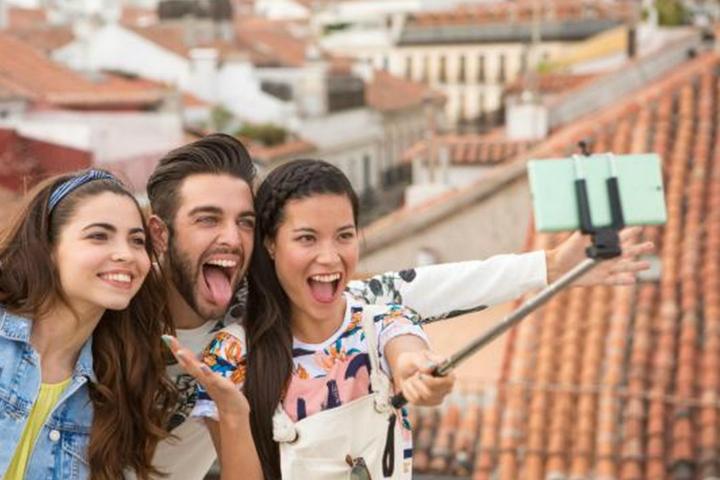
In conducting their study, the results of which were recently published in the British Journal of Psychology, researchers asked 130 undergraduate students examine 10 photos of themselves and rank them based on how accurate they were in terms of likeness. Simultaneously, the students recorded a webcam video of themselves, which yielded two photographs, all done real time so as to provide an “organic” sense of the students’ appearances.
And then things got interesting. Sixteen new participants, none of whom knew the original students, were brought in to first examine the webcam videos, then rank the Facebook selfies in order of likeness. 73 additional participants, also strangers to the original students, completed an “online face-matching test using the undergraduates’ photos.” And to cap it all off, the students’ photographs were analyzed by an online facial recognition test.
As it turns out, the images that the students themselves selected were actually 7 percent less accurate representations than the pictures the strangers chose on their behalf. In fact, comparatively speaking, the strangers were better equipped to determine what the students’ really looked like.
In a statement, lead study researcher Dr. David White noted, “Although we live with our own face day-to-day, it appears that knowledge of one’s own appearance comes at a cost. Existing memory representations interfere with our ability to choose images that are good representations or faithfully depict our current appearance.”
“In face-to-face encounters with unfamiliar people, it is often necessary to verify that we are who we claim to be,” White also said. “For example, we are asked to prove our identity when processing financial transactions and crossing borders. In these and many other commonplace situations, photo ID is the most common method for identity verification. However, despite the clear importance of this visual task, previous research has shown that we are quite poor when matching photos of unfamiliar faces.”
So the next time you’re looking for a good photo of yourself, it may be best to let your friends choose. After all, you may not actually know what you look like.
Editors' Recommendations
- This game lets hackers attack your PC, and you don’t even need to play it
- Aptiv’s machine learning-powered radar sees even what you don’t
- It’s official: You don’t need to spend more than $100 on true wireless earbuds
- These new Asus Chromebooks start at just $230 — but don’t look half bad
- Google Photos now shows more of the photos you want, fewer of the ones you don’t

